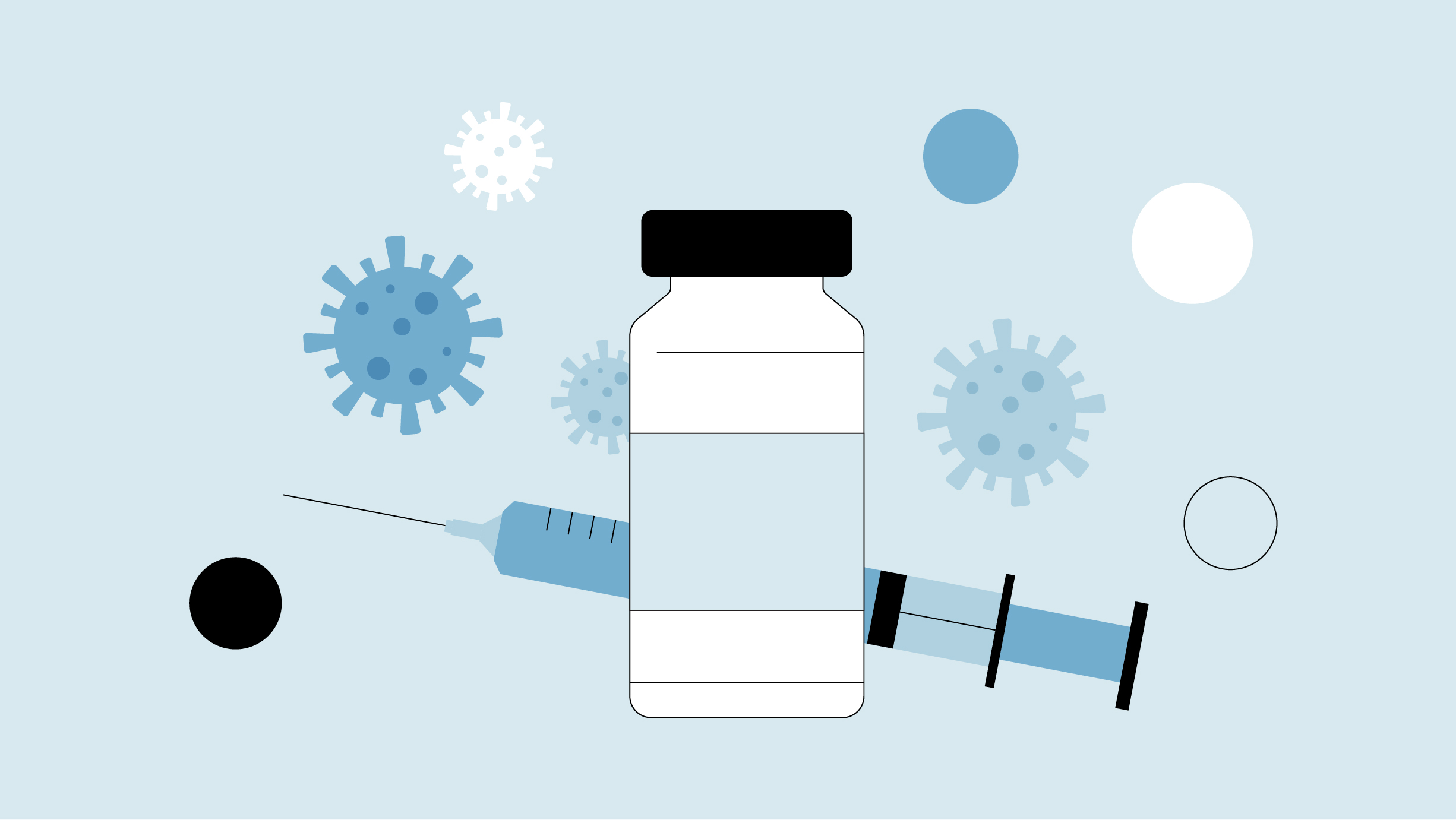What should I tell my care team before I take this medication?
They need to know if you have any of these conditions:
- Cancer
- Heart failure
- HIV or AIDs
- Immune system problems
- Infection, such as tuberculosis (TB) or other bacterial, fungal, or viral infections
- Kidney disease
- Liver disease
- Recent or upcoming vaccine
- An unusual or allergic reaction to cladribine, other medications, foods, dyes, or preservatives
- If you or your partner are pregnant or trying to get pregnant
- Breastfeeding
What may interact with this medication?
Do not take this medication with any of the following:
This medication may also interact with the following:
- Certain antivirals for HIV or hepatitis
- Medications that lower your chance of fighting infection
Other medications may affect the way this medication works. Talk with your care team about all of the medications you take. They may suggest changes to your treatment plan to lower the risk of side effects and to make sure your medications work as intended.
This list may not describe all possible interactions. Give your health care provider a list of all the medicines, herbs, non-prescription drugs, or dietary supplements you use. Also tell them if you smoke, drink alcohol, or use illegal drugs. Some items may interact with your medicine.
What should I watch for while using this medication?
Visit your care team for regular checks on your progress. Tell your care team if your symptoms do not start to get better or if they get worse.
You may need blood work done while you are taking this medication.
Talk to your care team about your risk of cancer. You may be more at risk for certain types of cancer if you take this medication.
This medication may increase your risk of getting an infection. Call your care team for advice if you get a fever, chills, sore throat, or other symptoms of a cold or flu. Do not treat yourself. Try to avoid being around people who are sick.
Talk to your care team if you or your partner may be pregnant. Serious fetal side effects can occur if you take this medication during pregnancy and for 6 months after the last dose. You will need a negative pregnancy test before starting this medication. Contraception is recommended while taking this medication and for at least 6 months after the last dose. Your care team can help you find the option that works for you.
If your partner can get pregnant, use a condom during sex while taking this medication and for at least 6 months after the last dose.
Do not breastfeed while taking this medication and for 10 days after the last dose.
What are the most serious risks of this medication?
Some people have developed cancer, such as leukemia or skin cancer, after taking this medication for a long time. Your care team will monitor you for cancer. To lower your risk of skin cancer, keep out of the sun. If you cannot avoid being in the sun, wear protective clothing and sunscreen. Report any new or unusual skin changes.
If you can become pregnant, you will need a test to make sure you are not pregnant before starting this medication. You must use contraception while taking this medication. You may need to keep using contraception even after you stop taking the medication. This depends on the medication. It is important to talk to your care team about how long to use contraception. Call your care team right away if you think you may be pregnant, have unprotected sex, or if you think your contraception did not work.








